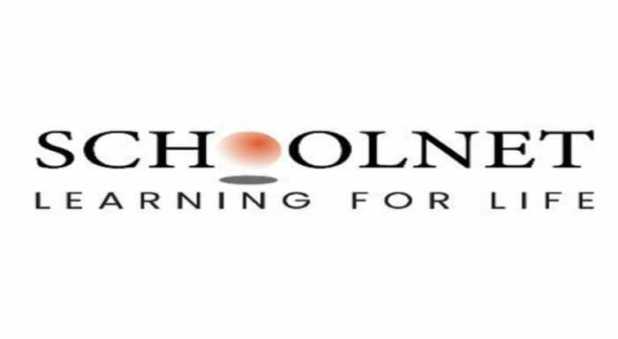
Kolkata, April 2 : Schoolnet has tied up with the Central Government and 20 State Governments to empower learners by democratising education. “We have already impacted 15 million learners and teachers from 40,000 schools. We also pioneered the usage of ICT in school education by developing the world’s first comm ty computer, K-Yan, a 6-in-one teaching-learning device in collaboration with IIT Bombay,” said Arindam Ghosh, Head of Strategy, Schoolnet India. Schoolnet came to being in 1997 to bring the benefits of technology to the classrooms of government schools and affordable private schools in India. By recognizing the power of technology they tried to make teaching-learning more effective and efficient, keeping the learner’s interests at the core. When asked about the tie-ups with the state governments, he added, “We have tie-ups with the Central Government and 20 State Governments presently. Our mission is to empower learners by democratising education. This is in alignment with UN Sustainable Development Goal 4, which seeks to increase access to equitable and quality education for all”. When remote parts of the country are getting digitalised, the company didn’t find it strategically challenging to collaborate with the government schools. Keeping the fact in mind that most of the government school student base is not equipped digitally, Ghosh further said, “It is not tough to collaborate with government schools. With the widespread and ever-increasing penetration of the internet in India, slowly but surely even remote parts of the country are getting digitalised. Further, the training is part of our offering. In our strategy, teachers and students are central to the entire process. Training them in digital pedagogy and the use of ICT for education is central to what we do at Schoolnet. Our patented device K-Yan also creates a local area network for the classroom to be digitalised”. Schoolnet also has launched a personalised learning app Geneo, which is mapped to the school curriculum, according to page, topic, and chapter. Available in English, Hindi, and Bengali, it is also mapped to the respective Boards. Geneo has a feature for Live Classes available on the app. Ghosh said, “we understood the struggles that students faced when, in March 2020, all schools had to close their doors. Students faced immense gaps in their learning and needed any extra support available. Since then, Live Classes have been very popular with great feedback from the students and parents”. Schoolnet also has been working in the State of West Bengal since 2006-07. Commenting on their collaboration with the state government, he said, “We are working with different government departments in implementing digital interventions in education from elementary level to the higher education space. The relationship began in 2006-07 for the implementation of K-Yan-centric Digital Classroom solutions in approximately 50 schools, which at present has scaled to nearly 12,000 schools cumulatively, with active projects in more or less 8500 schools”. Their latest offering for the students of West Bengal is the GeneoeSekha learning platform, which provides self-paced and guided learning support to students in the Bengali language – the Bengali iteration of GEneo. It is aligned to the WBBSE curriculum and mapped to each chapter of the WBBSE textbooks facilitating chapter-wise online learning and teaching. GeneoeSekha is available from Class 5 to 10. During the COVID-19 pandemic, online classes conducted by the state government of West Bengal was facilitated by eSekha educational e-learning content through the “Banglarshiksha” portal of the Government of West Bengal. Schoolnet, who had also developed Career Path, a personalized and guided career counselling platform available for students in Classes VIII to XII is also offered through the School Education Department, Government of West Bengal since November 2021. It has been implemented in 500+ schools, impacting more than 100,000 students nationally. Schoolnet and the Government of Rajasthan have joined hands to provide digital education to 36 residential schools and approximately 480 hostels in tribal areas in 24 districts of Rajasthan. When enquired about the addition of new languages on their platform, Ghosh confirms, “Geneo is available in English, Hindi, and Bengali at the moment. Over the next 5-7 years, it will be available in more regional languages”. Saying about the growth frontiers and investment projections for the next financial year, Ghosh added, “Currently, our growth expenses are met through internal accruals. As schools reopen, we are expecting significant growth in in-school and after-school business over the next year, with a 5x growth in our subscribers base. Depending upon how the next few quarters evolve, we will decide on the quantum of fundraising”. By 2027, Schoolnet is aiming to expand its footprint exponentially. While EdTech is booming in the country, they aim to onboard 245,000 schools and 50 million learners by bringing them out of learning poverty through our differentiated and synchronised in-school and after-school solutions. XC KK

